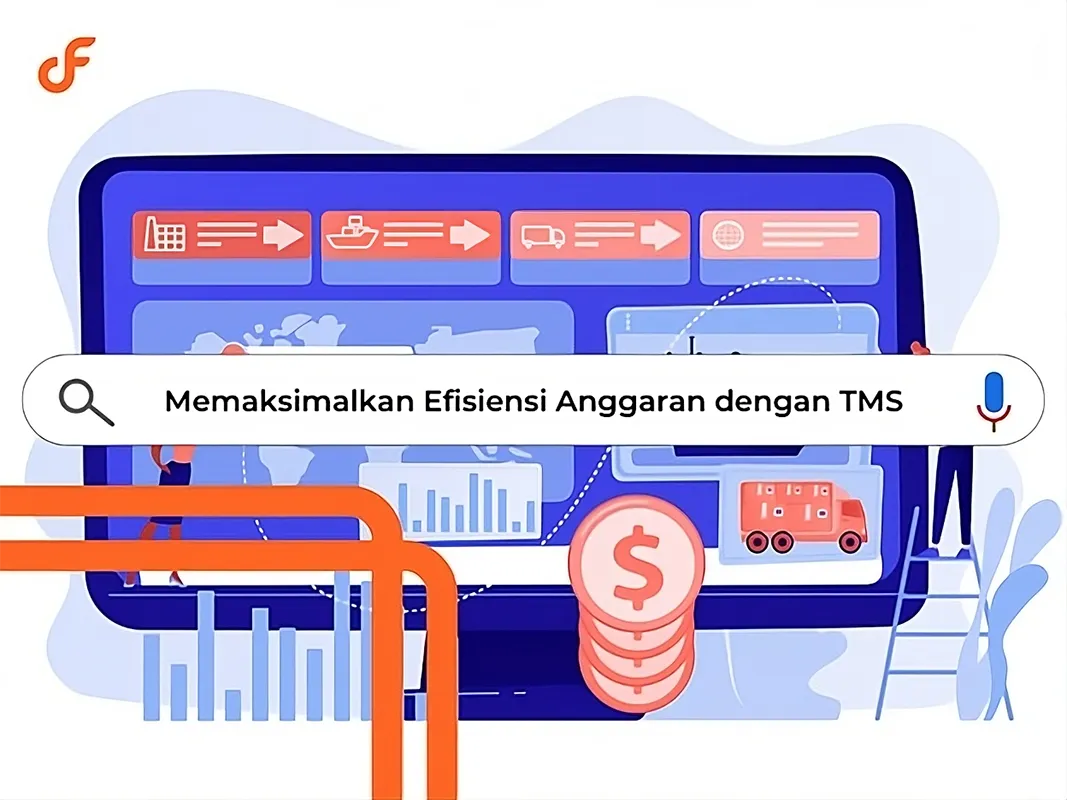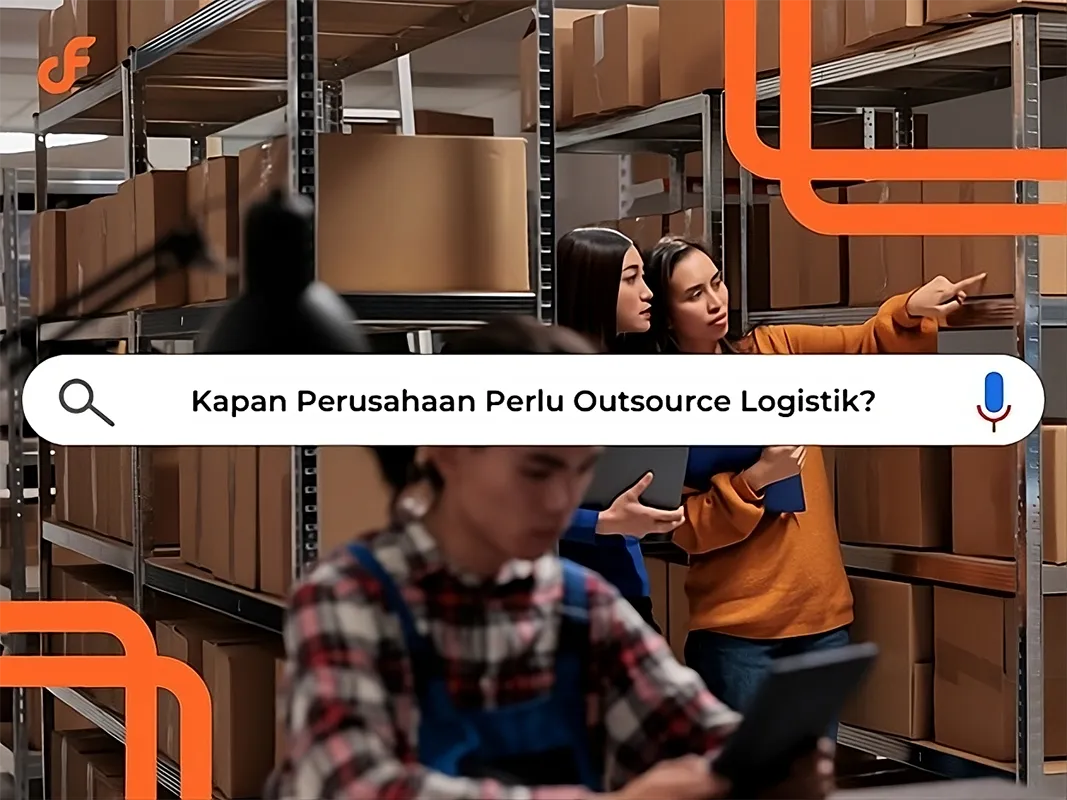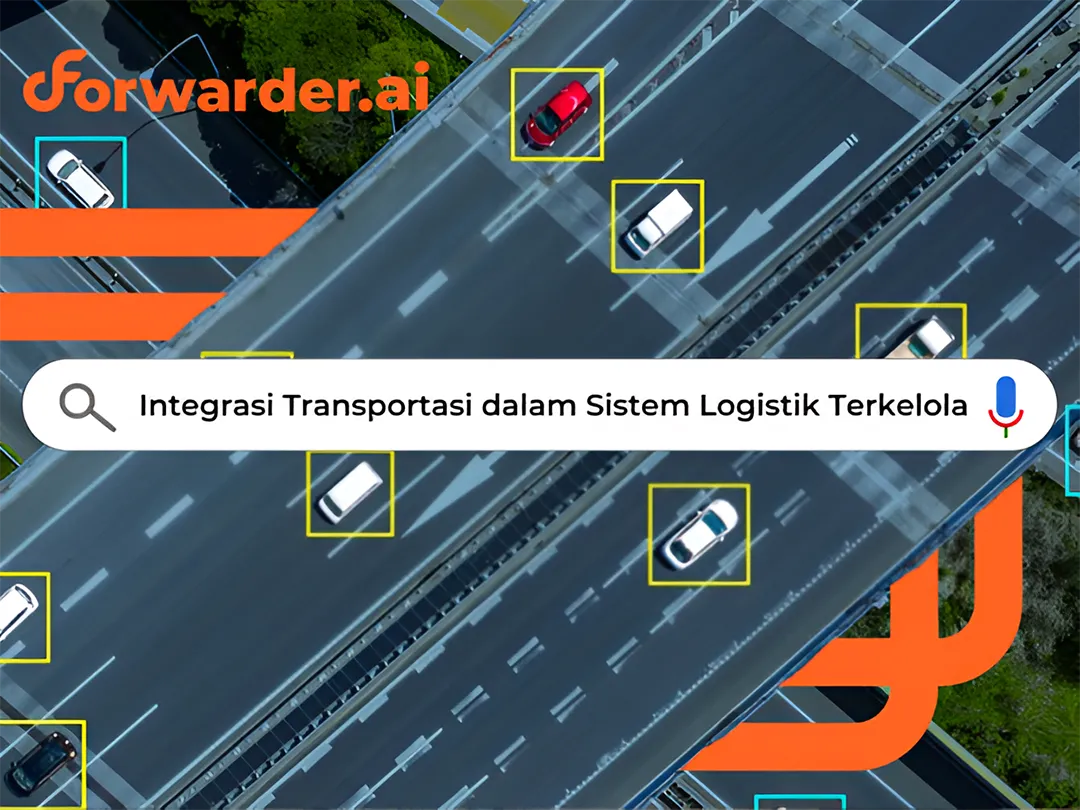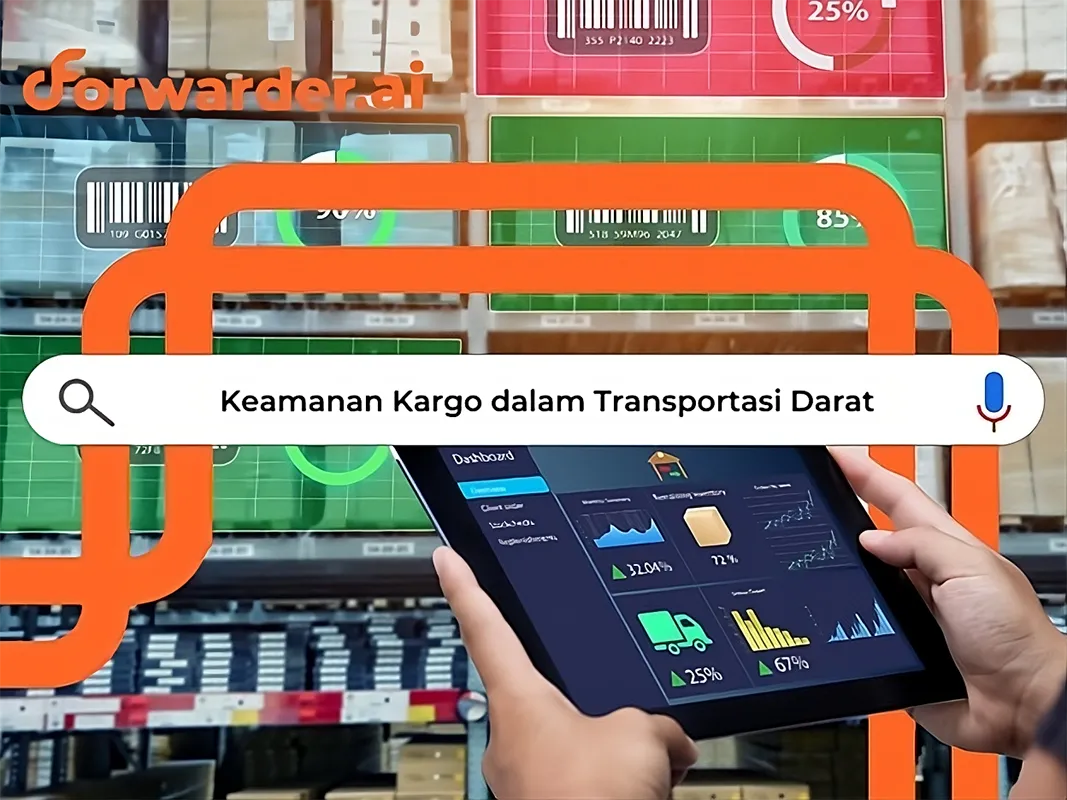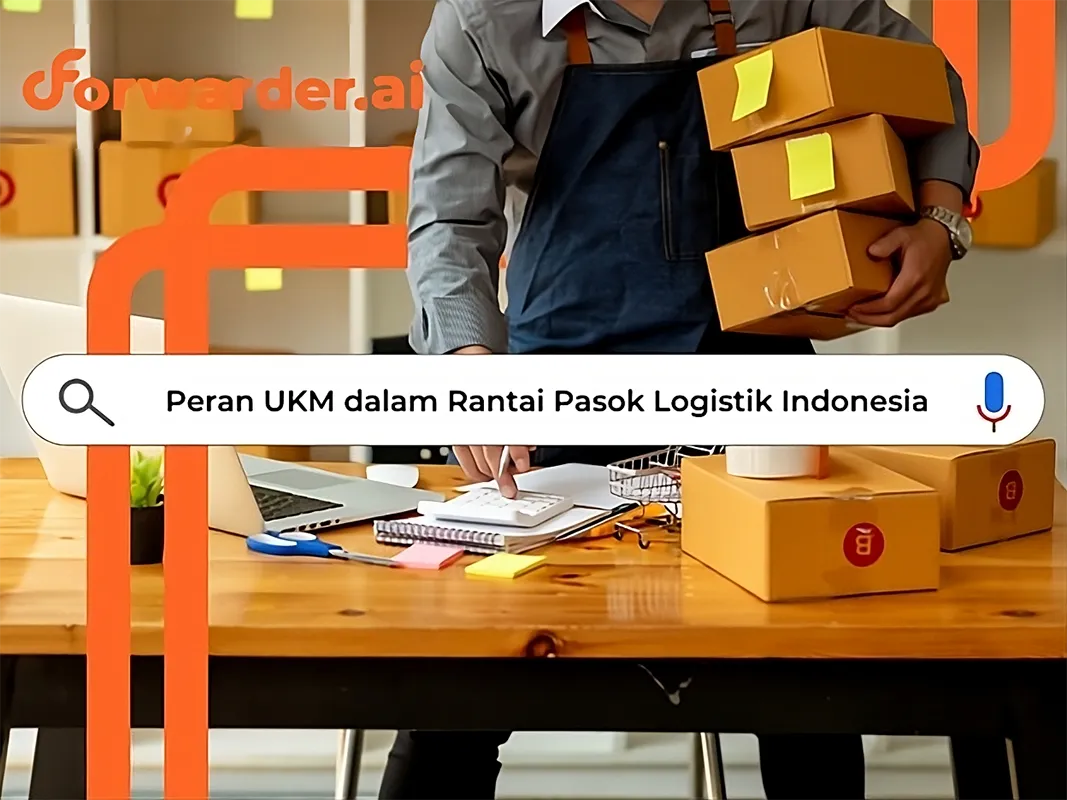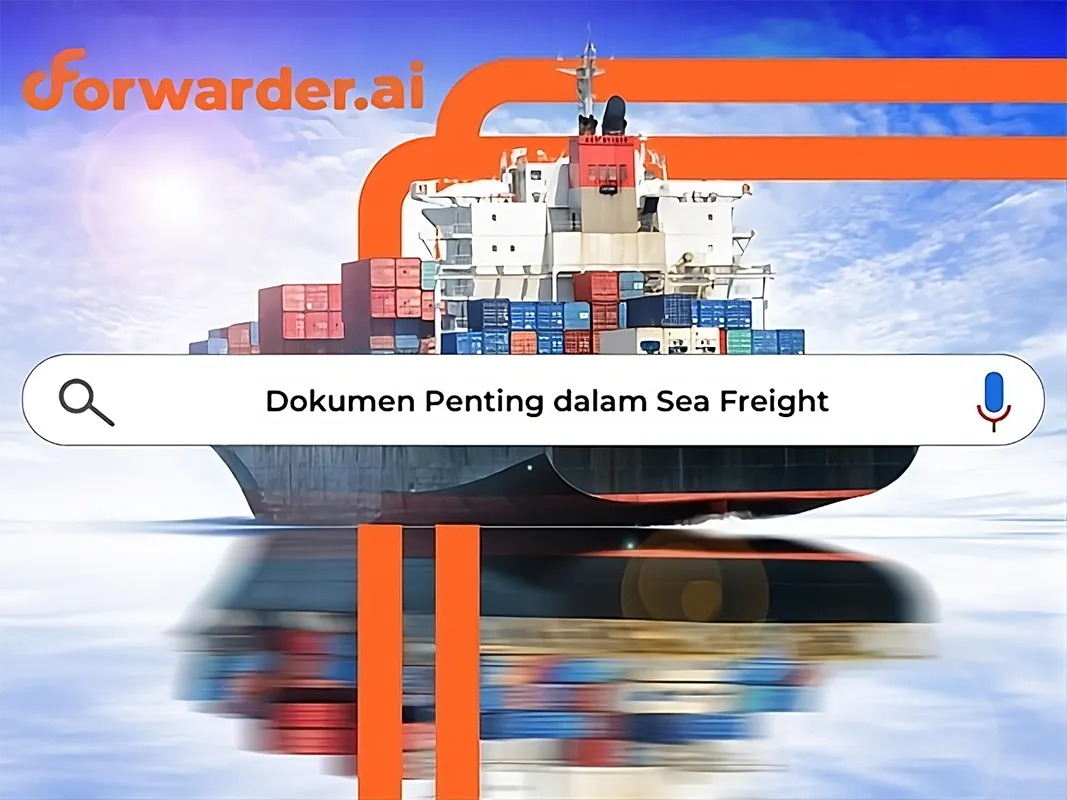Challenges in Indonesia's Agribusiness Logistics
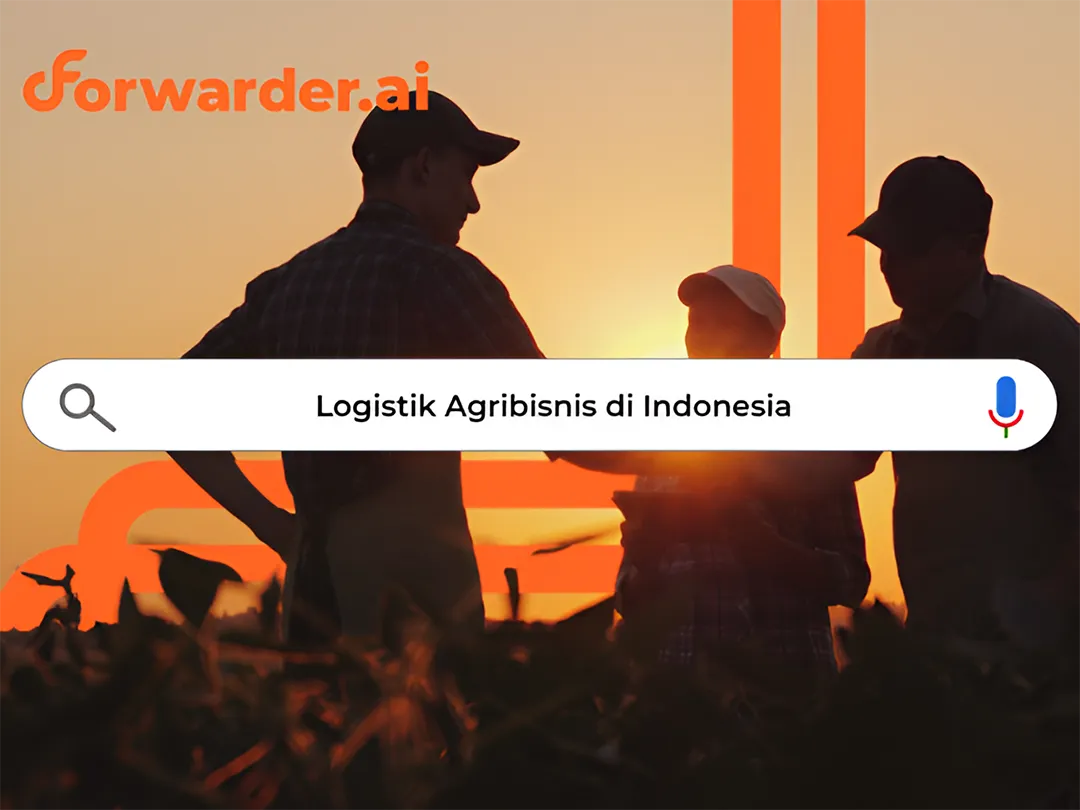
A portrait of agribusiness in Indonesia.
The agribusiness sector is one of the main pillars of the Indonesian economy, contributing greatly to national income and providing employment for millions of people. However, the challenge of agricultural product distribution in Indonesia remains a significant problem. To ensure that agricultural products can get to the market efficiently and on time, an effective logistics strategy is required. These challenges not only affect farmers' productivity but also affect the price and availability of food products for consumers. Here are some of the challenges often faced in the distribution of agricultural products.
1. Geography of Islands and Infrastructure Challenges
Indonesia, with more than 17,000 islands, faces unique geographical challenges in the distribution of agricultural products. Transportation from rural areas, which are often production centers, to major cities, which are consumption centers, requires long and complex logistical pathways. Inadequate infrastructure, such as damaged roads, limited access to sea transportation, and poor connectivity between islands, exacerbate these conditions. As a result, the distribution of agricultural products is slow and costly, which in turn increases the cost of products in the market.
2. Product Damage and Supply Chain Uncertainty
One of the main problems in agribusiness logistics is product spoilage during transit. Without an adequate cold chain system, many perishable agricultural products, such as fruits, vegetables, and dairy products, spoil before reaching consumers. This not only hurts producers, but also reduces the supply of goods available in the market, which can lead to price fluctuations. In addition, the lack of coordination between business actors during distribution in the supply chain also leads to uncertainty as to when products will arrive or can be received, which can hinder effective production and distribution planning.
Read more : Impact of Weather and Seasons on Sea Freight and its Effect on Freight Forwarding
3. Lack of Access to Technology and Market Information
In addition to infrastructure challenges and product damage, limited access to technology and market information is also a significant constraint in agribusiness logistics in Indonesia. Many farmers in rural areas do not have access to advanced technology or accurate information on market demand and current prices. This leads to inefficiencies in distribution, where products are often delivered to the wrong market or at the wrong time, thus lowering the value of the product or even causing financial losses. To address this issue, greater efforts are needed to provide farmers with access to digital technology and market information, including through training and the development of applications that can assist them in making better logistical decisions.
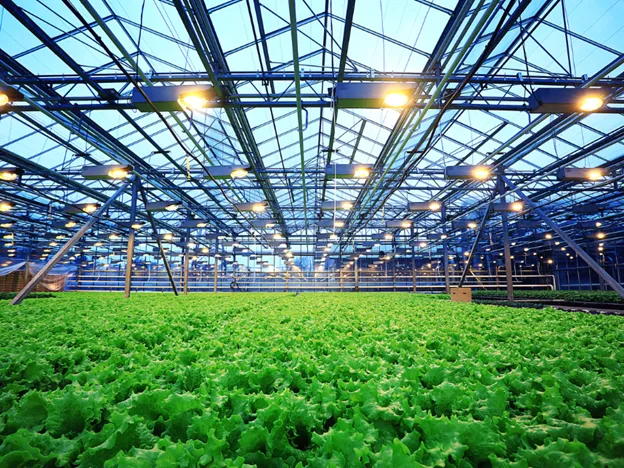
Technology-based agribusiness illustration..
Innovative Logistics Solutions
Addressing these challenges requires an integrated approach that includes:
- Large investments in transportation infrastructure, particularly the construction of roads, railways, and ports that can speed up the distribution of agricultural products.
- 2.Development of a more extensive cold chain system is essential to maintain the quality of perishable products. The government and private sector should work together to build cold storage facilities in strategic locations across Indonesia.
- 3.Digital technology can also play an important role in improving the efficiency of agribusiness logistics. Information technology-based supply chain management systems can assist in real-time monitoring and management of product movements, enabling quick response to changing market conditions and demand. The use of apps and digital platforms that connect farmers with buyers directly can also reduce reliance on middlemen, which often adds to distribution costs.
Forwarder.ai's Logistics Services for Agribusiness
One innovative solution that supports the distribution of agribusiness products in Indonesia is forwarder.ai's logistics services. The company offers a digital platform that integrates various aspects of logistics, from transportation management to real-time tracking, ensuring that agricultural products can be delivered efficiently and on time. With the ability to manage end-to-end supply chains, forwarder.ai helps reduce distribution costs, increase transparency, and minimize losses due to product spoilage.
forwarder.ai also provides consulting services that can help farmers and distributors plan more effective distribution strategies. By leveraging data analytics and artificial intelligence, the company is able to provide optimal recommendations regarding delivery routes, delivery times, and selection of the most efficient mode of transportation. This allows agribusiness players to optimize their operations and ensure that products reach the market in the best possible condition.
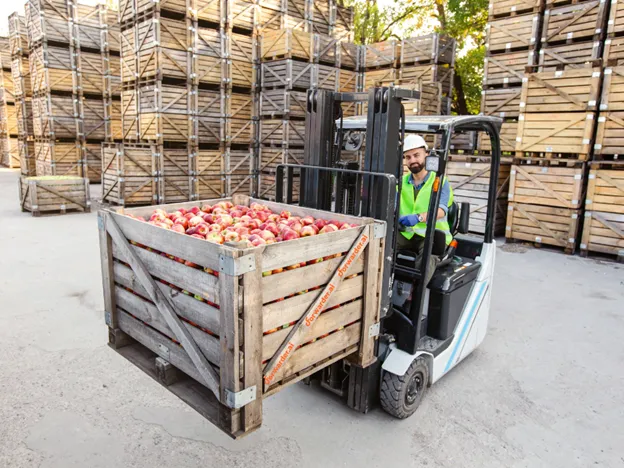
Illustration of logistics servicing methods in agribusiness.
Centralized Distribution Network and Farmer Capacity Building
Establishing centralized distribution networks in strategic locations can help address these logistical challenges. Well-organized collection and distribution centers allow products from different regions to be consolidated and distributed more efficiently to various markets across Indonesia. This also helps reduce transportation costs and delivery times, which in turn can improve the competitiveness of Indonesian agribusiness products.
Read more : The Importance of Choosing the Right Shipment for Fragile Goods
In addition, capacity building of farmers through training and access to market information is crucial. With better knowledge of efficient farming practices and access to modern technology, farmers can improve the productivity and quality of their products. This, in turn, can increase their income and strengthen the overall agribusiness supply chain.
The Future of Agribusiness Logistics in Indonesia
By addressing existing logistics challenges, Indonesia's agribusiness sector has great potential to grow and thrive. Investment in infrastructure, adoption of digital technology, and strengthening of distribution networks are important steps to take. With collaboration between all stakeholders, Indonesia can ensure that agricultural products can be distributed efficiently, safely, and on time, thereby improving the welfare of farmers and ensuring a stable food supply for all Indonesians.
Through a comprehensive and integrated approach, Indonesia can optimize its agribusiness sector, not only to meet domestic needs but also to expand its reach to international markets, ultimately contributing to sustainable economic growth.



